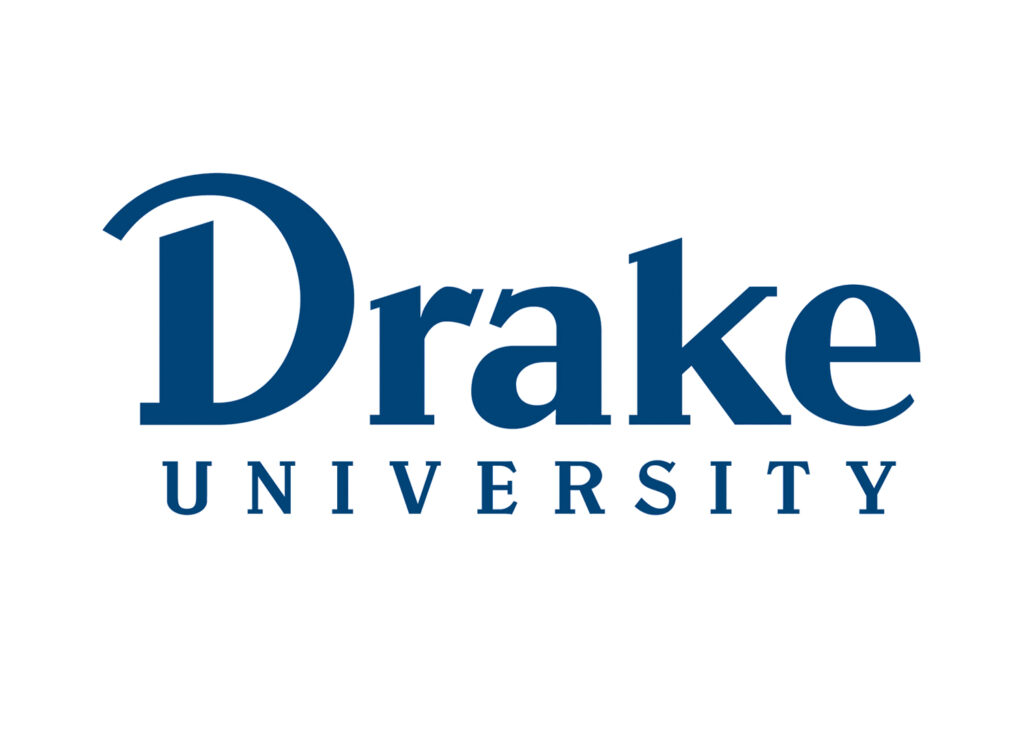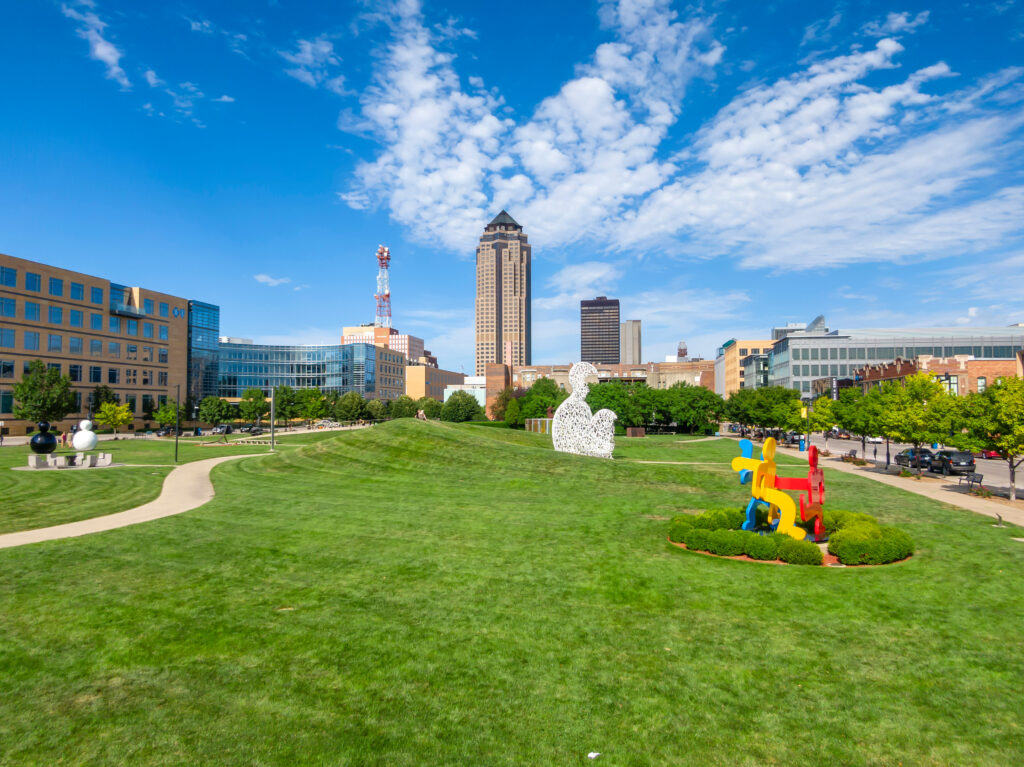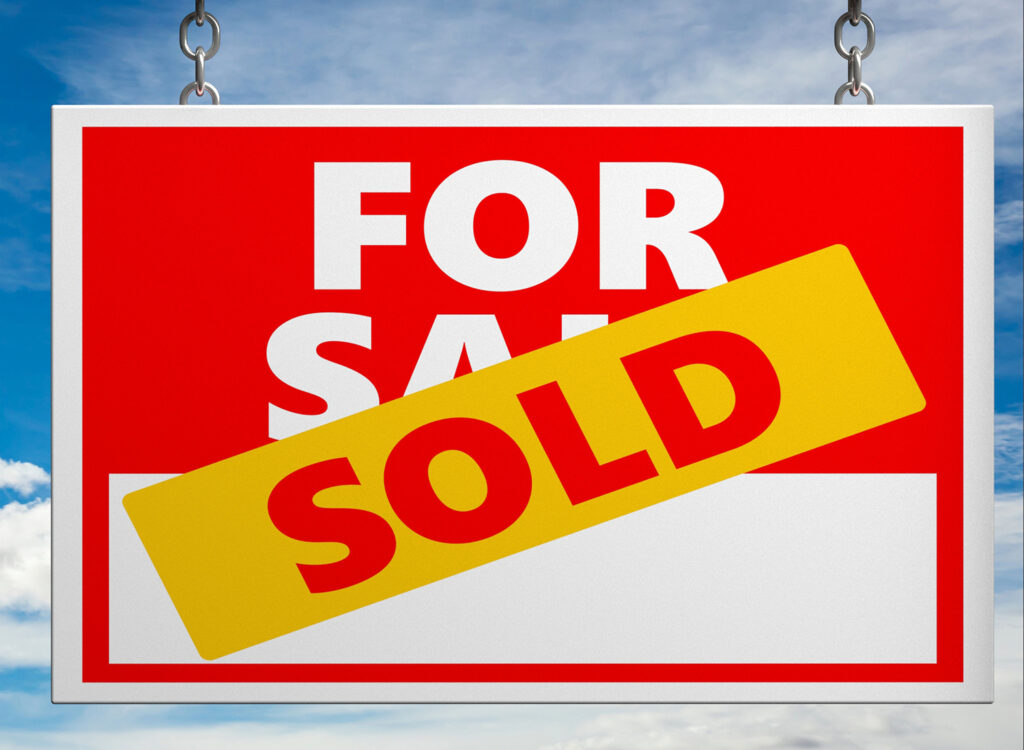Governor fills another property tax pot to stir

Gov. Terry Branstad’s property tax proposals scored points with a business group that has long been a Republican Party ally today, but failed to convince at least one Democrat that the plan does enough to benefit small businesses and other taxpayers.
In his “Condition of the State” address before the 85th General Assembly, Branstad said taxpayers would see a direct savings of $400 million from proposals to place an 80 percent cap on commercial property taxes and hold the annual increase in statewide valuations to 2 percent on all classes of property.
Commercial property owners pay taxes that are based on 100 percent of valuation, while owners of residential property and agricultural land and buildings pay on a percentage of their valuation. For homeowners, rates for the upcoming fiscal year will be based on 52.8 percent of valuation.
In the past, Branstad and Statehouse Republicans have sought to reduce commercial property taxes to 60 percent of valuation, saying the higher rate thwarts economic development and job growth.
The Iowa office of the National Federation of Independent Businesses and other business groups, including the Iowa Bankers Association and the Farm Bureau, have agreed.
“Iowa’s broken property tax system is the single biggest concern for small businesses and we’re highly encouraged by the governor’s blueprint and his call for action,” Kristin Failor, Iowa director for the National Federal of Independent Business, said in a prepared statement after the speech.
Gretchen Tegeler, executive director of the Taxpayers Association of Central Iowa and a former Branstad chief of staff, said she thought the governor sought a bold compromise.
“He has come a long way,” she said. “This should be imminently doable.”
Branstad said the state also would fill all of the revenue gap that might be created if local governments lose a portion of commercial property tax collections.
In addition, the governor said he would provide $33 million to fully fund the the homestead and the elderly and disabled tax credits. In addition, he would change the school finance formula so that allowable growth in the school aid formula would not trigger an automatic increase in property taxes. Instead, those revenues would be “replaced by 100 percent state aid.”
Democrat State Sen. Jack Hatch of Des Moines wasn’t sure the governor’s property tax proposals would meet his party’s priorities.
“We are now looking at the governor’s total tax reduction proposal and we are trying to distribute it to our priorities: First, to lower the individual tax rates, and second, to lower commercial property tax rates for small commercial properties of $500,000 or less,” Hatch said in an email.
The nonpartisan Iowa Fiscal Partnership released a statement saying, “Significant reform of tax-increment financing is essential as part of any change in the commercial property tax structure. The governor in the past and again today obscured the reality of Iowa’s overall low tax rates on business.”
Branstad also proposed increasing the state’s economic development tax incentives to $185 million and he advocated a job training program called Skilled Iowa.
The governor also outlined proposals to improve education in Iowa, with much of the focus on providing incentives to teachers.









